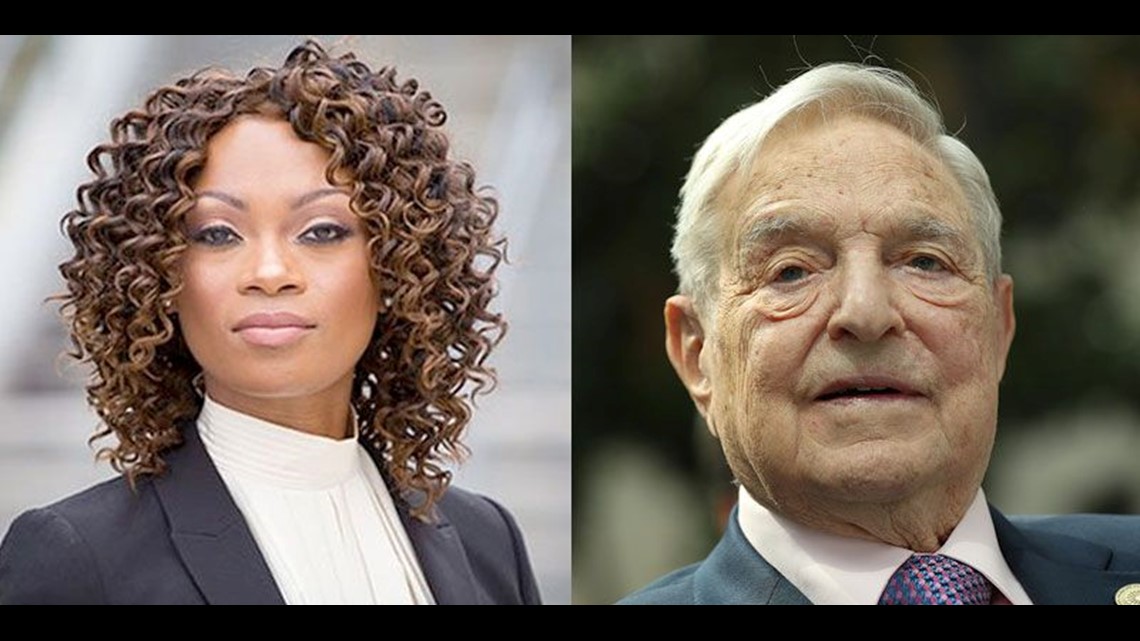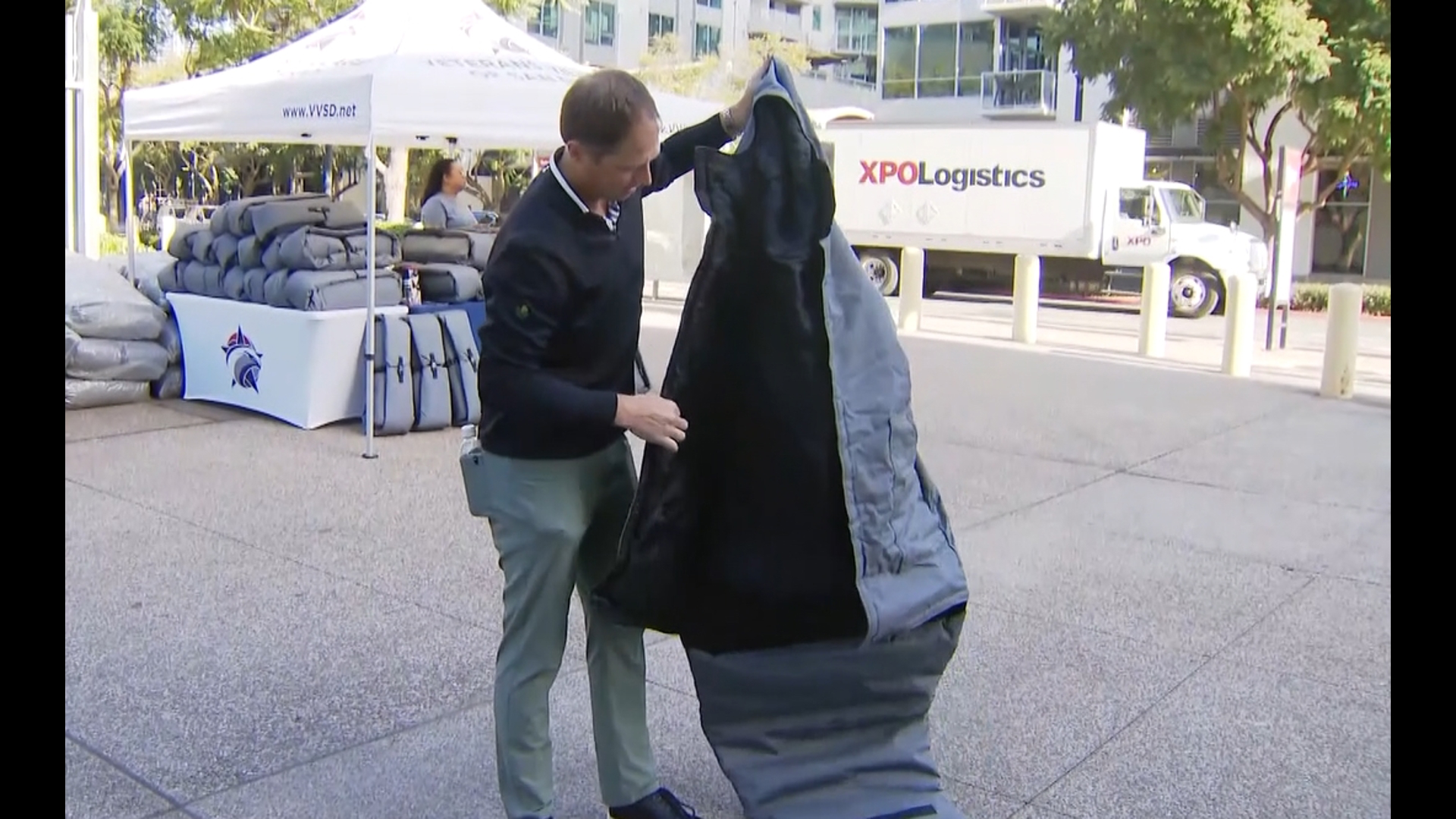SACRAMENTO, Calif. (AP) — Billionaire philanthropist George Soros has plunked $1.5 million into several California district attorney campaigns, the latest in millions of dollars the international financier has spent to influence the nation’s criminal justice system.
Soros’ contributions through the California Justice & Public Safety Political Action Committee aim to unseat sitting prosecutors in Alameda, Sacramento and San Diego counties and back Diana Becton, who was appointed Contra Costa County’s first woman and first African-American district attorney last year. The races are non-partisan, meaning no party affiliation appears on the ballot by the candidates’ names. But several candidates Soros is backing identify as Democrats.
It’s a spinoff of the tens of millions of dollars he has spent previously to liberalize drug policies and criminal penalties; he is a frequent contributor to candidates seeking higher profile statewide offices.
“District attorneys’ races are (traditionally) not very interesting and not hotly contested.... Mr. Soros has lightened that up,” said Joshua Marquis, a 24-year-veteran district attorney based in Oregon who has written on the topic for the National District Attorneys Association.
The California committee is funding a television ad for Democrat Noah Phillips, a deputy prosecutor who is challenging Sacramento County District Attorney Anne Marie Schubert’s re-election on June 5.
Phillips promises “to end racial profiling and police misconduct” and “rebuild trust,” references to recent fatal Sacramento police shootings of black suspects including Stephon Clark. But Schubert benefited by recently announcing the arrest of Joseph James DeAngelo, a 72-year-old former police officer that prosecutors say was one of California’s most elusive serial killers.
More than $400,000 is being spent to support Democrat Genevieve Jones-Wright, who is challenging interim San Diego County District Attorney Summer Stephan.


District attorney candidate Geneviéve Jones-Wright, left. Billionaire philanthropist George Soros, right.
Stephan’s campaign created a response website that declares “San Diego Public Safety Is Under Attack,” with a photo of Soros superimposed over a backdrop of masked left-wing demonstrators. Schubert has a similar website.
The Soros-funded committee has spent more than $130,000 to back Oakland civil rights attorney Pamela Price’s challenge to Alameda County District Attorney Nancy O’Malley’s bid for a third term.
Soros’ involvement pits establishment money against reform groups. Both O’Malley and Schubert, for instance, defended accepting large campaign contributions from local law enforcement unions while investigating fatal shootings of suspects by police.
Whitney Tymas, an attorney who is treasurer of the Soros-funded political action committee in California and elsewhere, did not return repeated telephone messages.
Soros’ Open Society Foundations also is helping fund the American Civil Liberties Union’s Campaign for Smart Justice, which campaign director Udi Ofer said aims to build a 50-state movement to transform the nation’s criminal justice system and end mass incarceration.
Becton, Jones-Wright and Phillips are also endorsed by reform-minded U.S. Sen. Kamala Harris, a former prosecutor who also is endorsing O’Malley.
“They’re all very sincere...and have very strong feelings and try to paint their opponent, whomever it is, that they’re a bunch of Neanderthals who think of nothing else than the number of felons they’ve sent to prison,” said Marquis, of the National District Attorneys Association.
Beyond California, a Soros-backed candidate won a Democratic primary in Texas in March. In Oregon’s Tuesday primary, the Soros-backed Max Wall is challenging deputy district attorney Kevin Barton’s bid to succeed the retiring district attorney.
David Alan Sklansky, a Stanford University professor and former federal prosecutor, said the development is broader than Soros and other big-money contributors.
“Ten years ago it was almost unheard of for incumbent prosecutors to lose, let alone to someone who was running on a reform platform, being tougher on police,” he said. “I think there’s an emerging bipartisan, cross-ideological consensus ... that criminal justice became too punitive and too harsh and we need to find more moderate and more sensible ways of thinking about criminal justice.”
RELATED COVERAGE



